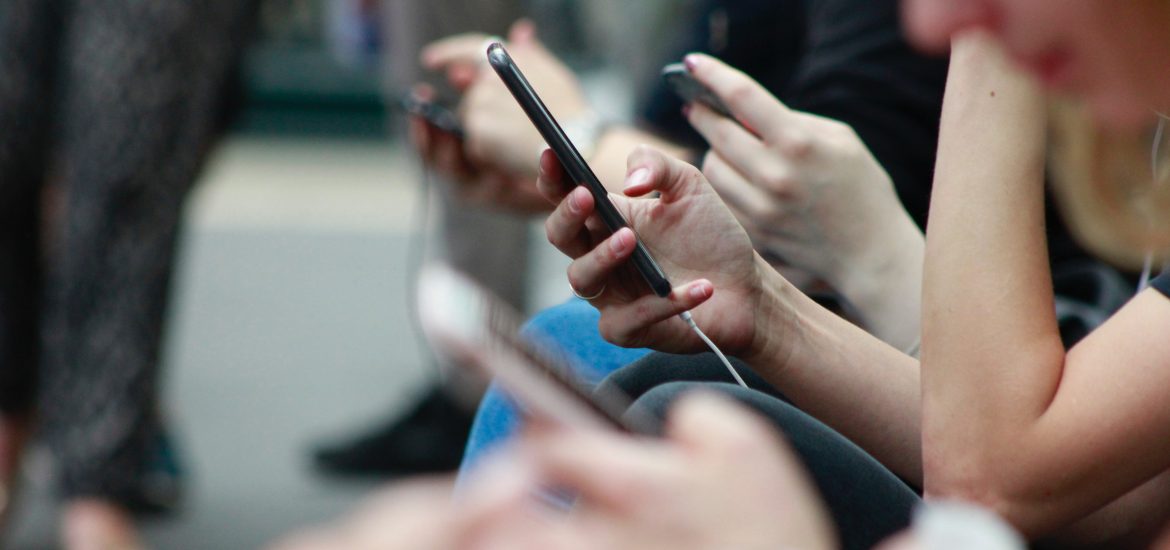Modern stressors require modern solutions.
Feeling overwhelmed is basically in a college student’s job description. Juggling classes, a social life, and extracurriculars while attempting to get enough exercise and sleep is almost an impossible task—not to mention the stress of an impending graduation and subsequent catapulting into the “real world.” So, how do you cope? Some students are turning to mental health apps to relieve their anxiety.
Guillermo Parrilla-Yriarte, a senior at Emerson College, has been meditating with the app Headspace for the past six months.
“I felt like I was kind of losing a grip on myself, and I wanted to start meditating but didn’t know how to,” Parrilla-Yriarte says. “Since I tend to be the type of person that can’t explain or really manage my feelings sometimes, this has offered me a way to handle them.”
Gwyn Esty-Kendall, the Health Promotion Specialist for mental health at Syracuse University, says using a mental health and wellness app can be helpful, but students should be aware of the severity of their problems.
“It can be an alternative if people maybe don’t have serious mental health issues or just don’t need that level of support,” Esty-Kendall says. “If students are trying to use that as a cure-all or the one answer, I think that could be a negative because people might not seek help when they need it if they’re relying on an app.”
I’ve never used mental health apps, so I put two to the test. Fittingly, I used them when I needed all the help I could get—during midterms.
First I tried Headspace, which leads you through meditation and offers courses on topics like anxiety management and physical health. I meditated every morning for three minutes and listened to its courses on anxiety. It was a little hard getting used to sitting still, but I liked the routine it provided because it forced me to relax and clear my mind for just a few minutes.
I also tested AntiStress, which claims to provide “anxiety relief” and “reduce stress and improve focus” through multiple minigames, like chopping vegetables or shattering light bulbs. These games were extremely satisfying and addicting, but they were only a temporary distraction. I prefered the low-commitment fun over the daily meditation, so I won’t be paying for a Headspace subscription… but I’ll probably keep chopping cucumbers in my free time.
Mental health apps can be easily accessible ways to practice mindfulness, but they aren’t for everyone. Syracuse students can use the app Sanvello, which treats stress, anxiety, and depression; plus, it’s free through the university. They can also utilize resources on campus in the Barnes Center at the Arch, such as counseling services, pet therapy, and the Crowley Family MindSpa.
Mental health issues are complex, so the best treatment varies from person to person. It’s important to know what works for you: apps or no apps.
This was originally printed in Equal Time Magazine’s Fall 2019 print issue. Read it here.

